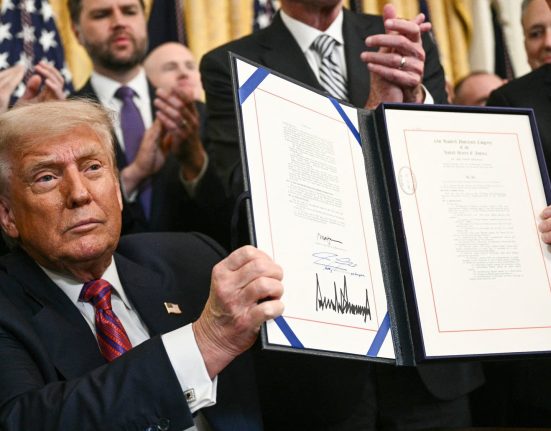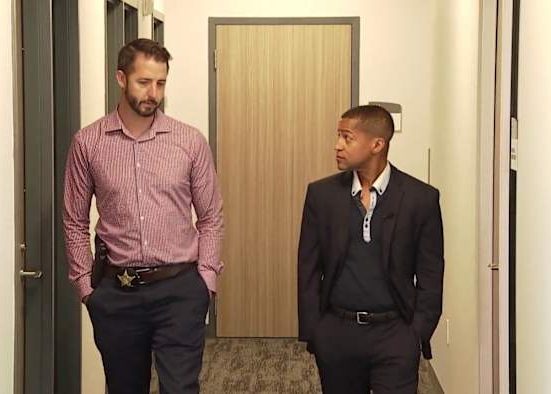As crypto’s reputation undergoes a cautious rehabilitation in the court of public opinion, venture capital firms are funding a new wave of blockchain activity on college campuses.
A group of specialist digital-asset investors — including Collab+Currency, Consensys Mesh, Artemis and Hydra Ventures — has pooled together roughly 600 Ether, the world’s second-largest cryptocurrency and widely viewed as a building block for the next phase of digital finance. The funding flows through student-run clubs from Michigan to Oregon under an initiative known as Dorm DAO.
The program, which combines capital with research budgets and internship pipelines, reflects a shift in the industry’s ambitions. Once dismissed as unserious and defined by get‑rich‑quick schemes, crypto is edging toward respectability. Regulated investment products and the cautious return of Wall Street have helped. But its backers also see another proving ground: the university campus, where they hope to cultivate a new generation of talent — and a more disciplined vision of digital finance.
The coordinated push has attracted an enthusiastic cadre, including some who have limited memories of the industry turmoil in recent years. Case in point is Cameron Coleman, who says he had barely heard of crypto before his freshman year. But after a classmate invited the University of Oregon business administration major to a blockchain club event on campus, curiosity got the better of him.
Coleman says he quickly became fascinated by the eccentric world of memecoins, started attending trading sessions, tracked token launches on X and joined Discord communities. The rising junior now finds himself as the president of Oregon Blockchain — leading more than 40 members, running the club’s trading arm and mentoring new students.
“I wasn’t too familiar with crypto coming into college — I was just a tradfi investor my whole life,” Coleman said. “But I fell in love with the research.”
The 20-year-old is in the midst of wrapping up an internship in New York as a quant and product growth intern at Hype, a memecoin trading platform backed by startup accelerator Y Combinator.
During crypto’s breakout bull market run in 2021, college students piled into the industry, setting up startups, investing in projects, and in some cases, dropping out to pursue crypto careers. The 2022 collapse of the crypto ecosystem amid a series of bankruptcies and scandals had a chilling effect on newcomers. Crypto mainstays like Coinbase, Crypto.com, and Gemini carried out large layoffs, while job offers were rescinded. Crypto had gone from cool to cautionary, making students hesitant to cast their lots with the industry.
In 2023, Collab+Currency launched Dorm DAO, a so-called decentralized autonomous organization to re-ignite student interest just as crypto was recovering. Dorm DAO launched its inaugural cohort of clubs with nine schools, including the universities of Michigan, Oregon and Virginia.
“Our main goal with Dorm DAO is to get as many students at elite academic universities excited about blockchain technology,” said Zack Rosenblatt, chief operating officer at Collab+Currency, which has invested in more than 150 companies, including 21Shares, Sky Mavis and StarkWare. “If we can get as many students as possible to participate in these clubs, we feel like that’s the best way to build an amazing talent pipeline into the industry.”
By the end of Dorm DAO’s first year, the student fund managers outperformed Ether by 15%. Collab+Currency began receiving inquiries from other VCs looking to reap some of the benefits of having an ever-interested, talented pool of students at their disposal, Rosenblatt said. More partners joined, pooling together more money to provide schools with tokens for trades, with the tally eventually reaching about $2.3 million. And it has even expanded abroad through Cambridge and Imperial College in the U.K.
This approach differs greatly from the grass-roots push that epitomized crypto early on. When bitcoin was being introduced to the world roughly 16 years ago, proponents would organize “meetups” and even give out free tokens with championing an anti-establishment ethos.
Two Dorm DAO alums illustrate the trajectory. Reva Jariwala, formerly of Cornell’s blockchain club and now at Coinbase, and Evan Solomon, who was the Michigan club president and is now chief of staff at Portal Ventures, teamed up to organize a collegiate blockchain conference. Last year, the pair said they raised more than $115,000 and helped place more than 50 students in internships. This year, they aim to double their funding for the conference with sponsors like Uniswap, Solana and Coinbase — all who have either launched or expanded crypto internship programs. They’ve even landed U.S. Securities and Exchange Commissioner Hester Pierce to speak at the gathering in December.
And the crypto stigma on campuses also appears to be fading. Oliver Tipton, a software engineer at Gemini and co-founder of Davidson College’s blockchain club, recalled the earlier skepticism.
“I got a lot of ‘oh, you’re in crypto,’ ” Tipton said. “But now, even those people are starting to see it as a serious asset class. It’s fun to build the pipeline.”
Ogunrinde and Rohslau write for Bloomberg.







